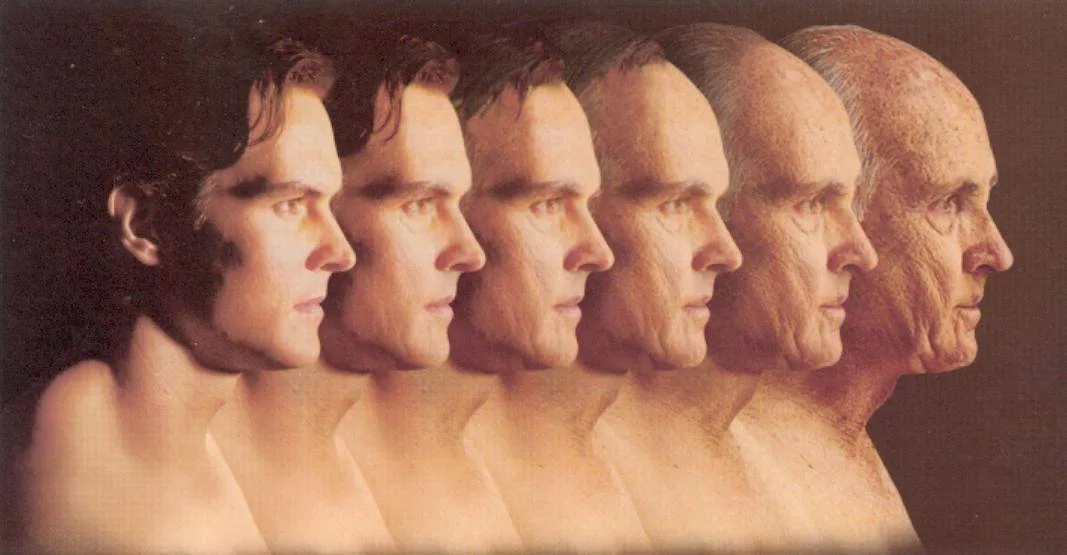Substance abuse has been known to have several mental, emotional, as well as physical effects on health. In addition, recent research suggests substance abuse may affect aging. We’re seeing an increase in the number of older adults with substance use disorders (SUD).
Researchers have discovered that while there’s a big emphasis on psychological rehab for people struggling with addiction, we’re ignoring an important factor: the serious health consequences of addiction.
Substance abuse can come in many different guises. It’s not just the obvious addictions we need to be concerned about. For example, a common addiction problem is muscle relaxer addiction. Muscle relaxers are often used to help with the pain of aging. Many people are unaware just how additive these can be. These substances are having a major negative impact on the health of older adults.
How Does Substance Abuse Affect Aging?
Accelerated Aging Process
A 2017 study found that substance abuse can contribute to an accelerated aging process:
- Those who smoke cut 10 years off from their lives by developing cancer^. They may also develop damage to vascular and pulmonary systems and brain damage.
- Cannabis, alcohol, amphetamine, cocaine, synthetic drugs, opiates, as well as other drugs are all associated with oxidative stress, an imbalance of free radicals, and antioxidants.
- There’s a high mortality rate among opioid users.
- Lack of sleep, insufficient exercise, as well as poor nutrition deteriorate health.
- Withdrawal from substances can present life-threatening complications.
Oxidative stress is one of the leading factors in the accelerated aging process with substance abuse. This can cause cell death and tissue injury, speeding up the aging process.
Substance abuse can also create inflammation in the brain. The combination of oxidative stress and inflammation is especially harmful and quickens the aging of cells.
Early-Onset of Age-Related Diseases
According to recent research, substance abuse can lead to diseases in four primary zones:
- Cardiac (disease of the heart)
- Cerebrovascular (diseases of the blood flow in the brain)
- Kidney
- Liver
Cocaine has been linked specifically to hypertension, tachycardia, as well as ventricular arrhythmias, and strokes. Heroin combined with alcohol can create serious liver failure, cirrhosis (scarred liver), and nephropathy (kidney failure).
Injecting drugs (like heroin, meth, or cocaine) can also increase the chances of getting HIV, which claimed 16,358 lives in 2017.
Developing An Addiction At An Early Age
Studies have found that if a person uses certain drugs at an early age, they’re much more likely to develop a substance use disorder later in life.
A study published by Biological Psychiatry found that people who use cocaine at a young age experience age-related declines in temporal lobe gray matter and a smaller temporal lobe than those who didn’t use drugs. This compromise of the temporal lobe makes people more vulnerable to negative consequences of cocaine use, including addiction.
The longer a person uses a substance, the more likely they are to have long-term cell decay. As such, the higher the risk of developing addiction-related diseases.
Aging Skin
Drinking alcohol dehydrates the body. As we age, our bodies have less and less water. The dehydrating nature of alcohol and other drugs can cause:
Photographee.eu/Shutterstock
- Dry skin
- Extrinsic aging (when our skin ages faster than it should)
- Deep wrinkles
- Open sores, which can cause infections
Are Older Adults More Susceptible To Substance Abuse?
There are physical, emotional, mental, as well as societal changes that come with aging. These changes can make older adults more susceptible to substance abuse. For instance, they may start using prescription opioid drugs to cope with the pain that often comes with age.
Older adults might be more likely to have a substance use disorder because their bodies metabolize substances slower. This gives the chemicals more of a chance to take root and create a physical dependence over time.
Image by Лечение Наркомании from Pixabay
The Bottom Line
Substance abuse can negatively impact our health in ways that affect our aging. It can dry out the skin, deteriorate cells and cause an early onset of diseases, as well as other age-accelerating factors.
But there are ways to address substance abuse and stop the aging process. Things like drinking more water and starting a rehab drug detox program that focuses on physical and mental health can help with this.
If you or someone you love is struggling with substance abuse, there is hope. The more we can learn about substance abuse and its effects on the body, the more we can help ourselves and the ones we love.
Who Is The Author?
Hannah Bennett
Hannah Bennett is a content specialist for AddictionResource.net. This is a content guide that offers relevant information on addiction and substance abuse. It also provides information on mental health and treatment for those who are addicted and their loved ones.
References
https://www.ncbi.nlm.nih.gov/pmc/articles/PMC3540205/
https://www.ncbi.nlm.nih.gov/pmc/articles/PMC5068223/
https://pubmed.ncbi.nlm.nih.gov/10693912/
https://www.ncbi.nlm.nih.gov/pmc/articles/PMC5930020/
https://www.cdc.gov/nchhstp/newsroom/2020/hiv-related-death-rate-press-release.html
https://pubmed.ncbi.nlm.nih.gov/10331113/
https://www.webmd.com/mental-health/addiction/ss/slideshow-alcohol-aging




